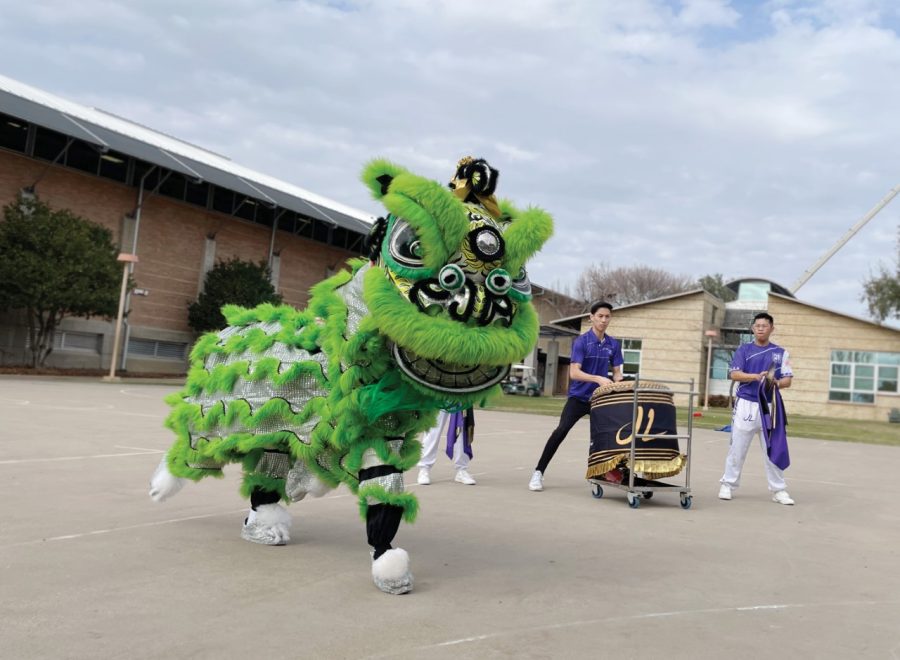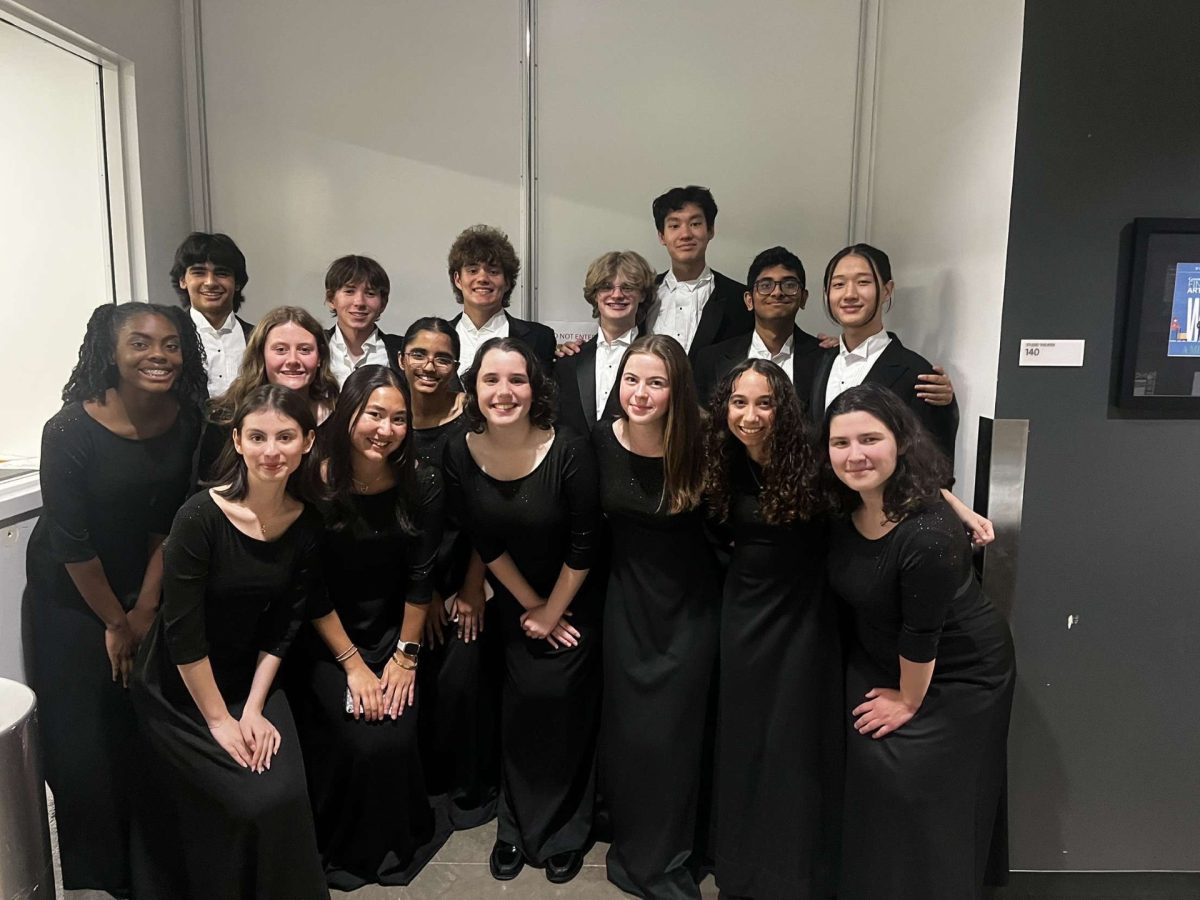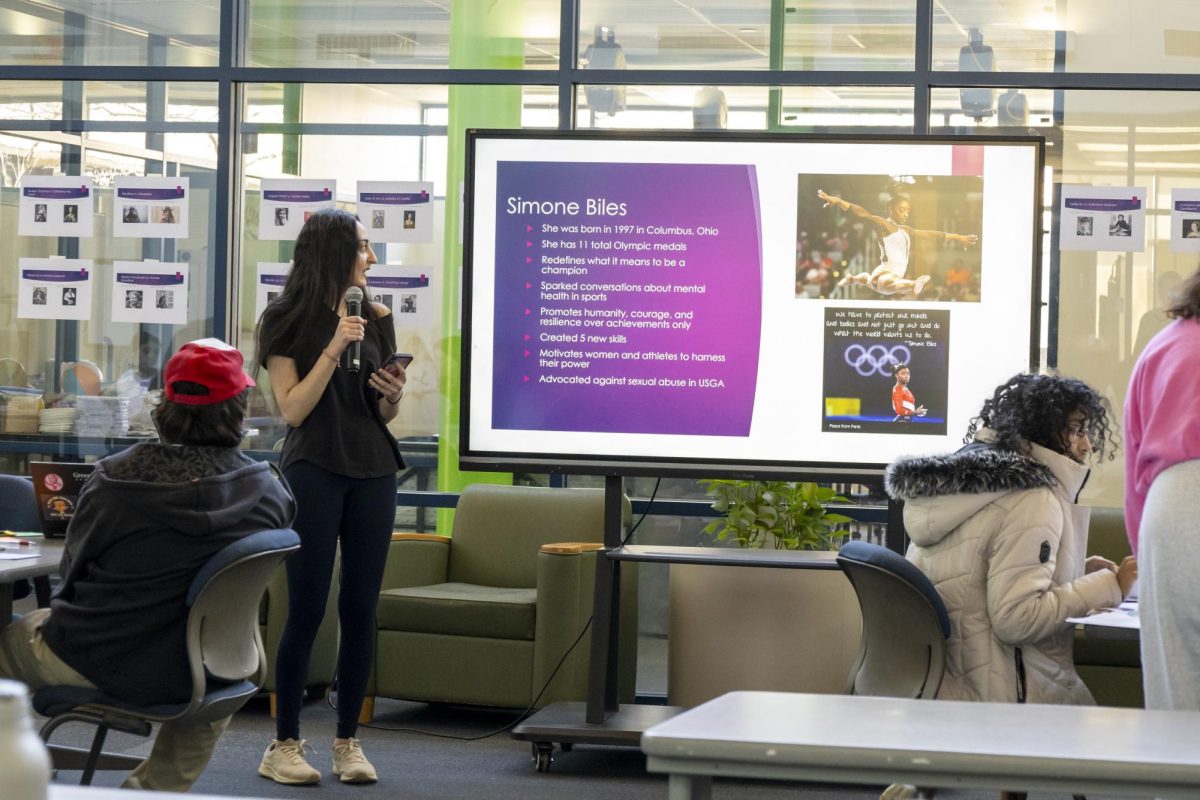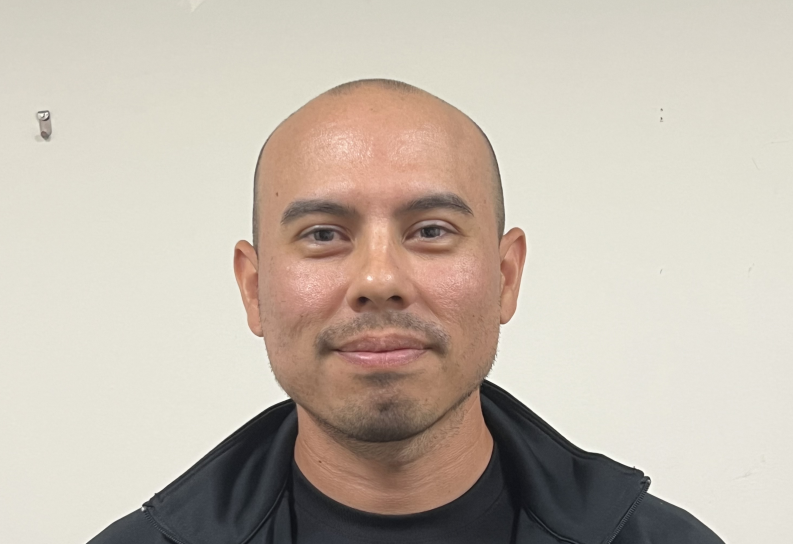Cultural Calendar Conflict: What Counts as Equitable?
During the Lunar New Year, Students enjoyed a demonstration of dragon dancing.
February 3, 2023
Diwali is both a major cultural and religious holiday for various ethnic groups. Often known as the Festival of Lights, this holiday is a time for family, friends and community to come together and celebrate the triumph of good over evil while practicing age-old traditions collectively, comparative to the Lunar New Year for east Asians.
While some students celebrate Diwali for three days, others celebrate for nine. Some students observe it more heavily than others, going to their local temple and praying in the morning.
Senior Viraja Metta, a leader of the South Asian Student Association, is aiming to establish an official holiday for Diwali.
“I think what makes Diwali really special is the fact that there’s so many different people who celebrate it in so many different ways,” Metta said.
Sofia Valli, another senior leader of SASA, is appreciative of the effort Greenhill makes to recognize and honor Diwali and its significance, culturally and religiously.
“Greenhill already does a lot for Diwali, like putting up decorations and allowing teachers to dress up,” Valli said.
Valli and Metta both agree that the Greenhill community, students and faculty included, should be made more aware of Diwali and what it means to truly celebrate. They aim to increase awareness by adding school-wide decorations, allowing teachers to dress in traditional wear for Diwali, and PowerPoint presentations by SASA.
Jessica Chu, the Director of Service Learning and Community Engagement at Greenhill, suggested that pamphlets or plaques be placed next to decorations to provide meaningful context to cultural or religious practices, such as floor-art Rangoli to welcome goddess Lakshmi or Lakshmi-Puja and the lighting of clay diyas to frighten away evil spirits.
However, some feel that the school administration and student body could give more attention to Diwali in terms of scheduling and celebration.
“I feel Diwali is usually celebrated or acknowledged by Greenhill as a whole every year, but when [Homecoming] was scheduled on the same weekend of Diwali, that disappeared because it was no longer convenient,” senior Shreeya Madhavanur said.
SASA leader Varun Mukund, who grew up celebrating Diwali religiously, agreed with Madhavanur.
“They said they cannot fit or afford another holiday, which I feel is inequitable because Greenhill gives many other religions holidays a day off… if you don’t give us at least one day off, we are trading our culture for academics,” said Mukund.
Diwali is Hinduism’s largest holiday, celebrated globally by over a billion people. When Diwali fell on their last Homecoming, students who celebrated Diwali were forced to choose between their culture and their school, which Metta believes is a choice that no student should ever have to make.
Students who celebrate other religious or cultural holidays, such as Eid al-Fitr or Lunar New Year, may also be caught between culture and academics, prompting the need to take school days off for ease of celebration. However, taking a day off isn’t easy.
SASA has been advocating for making Diwali an official holiday ever since Valli, Metta and Madhavanur joined the Upper School as freshmen in 2019. This included considering the possibility of adding more academic days to the school calendar, which Head of School Lee Hark believes is running short.
Trevor Worcester, Head of the Upper School and Calendar Committee, said scheduling new holidays becomes difficult with other variables in play, those being logistics, pressure for equity, lack of instructional days and lack of days in general that could be taken off for holidays.
“Scheduling events can become very challenging when we’re not in control of parts of the logistics of the events. For example, Prom… We ask for dates, we see what’s available, and oftentimes are not given dates to look at a year in advance,” said Worcester.
In response to Diwali falling on Homecoming, Worcester said, “It was an unfortunate happening, a mistake, and we need to be better with that. And it’s a really complex thing because it [Homecoming] is based on a football game, and we only have four home games, so we’re limited to scheduling to those four days.”
“One of the things we need to be better at is being mindful of how other events that fall in and around holidays affect the students and families observing them,” he added.
The Calendar Committee is focused on working towards a concrete set of policies protecting all cultural or religious holidays and the students who celebrate them in order to institutionalize equity.
“What we hope to do is to create more systemic processes so we’re recognizing these holidays and we’re doing so with equity in mind,” said Worcester.
Minority holidays, such as Eid, Ramadan and Lunar New Year, can oftentimes be overshadowed by Western holidays like Christmas or Halloween that are already historically rooted within Greenhill culture.
Marcus Ingram, Head of Equity and Inclusion, said it is important to note Greenhill is located in a state and country influenced by the Christian calendar. Thus, holidays like Christmas are “baked into society’s rhythms.”
This, he said, does not lessen the importance of minority holidays.
Establishing equity through school holidays for affinity or religious groups is a difficult road to navigate when the road is filled with potholes. The lack of a number of non-instructional days, which are weekdays that classes do not meet, is an issue for Greenhill, as school has started to end around the middle of May.
Additionally, according to Worcester, school events such as Greenhill debate tournaments, Southwest Preparatory Conference Championships and All-State Association of Texas Small School Band Competitions occur on weekends and weekdays, making it difficult for the committee to pin down a date for holidays without interfering with other events.
Furthermore, there have been some questions about which minority groups receive school holidays while others don’t.
“I would say those decisions predate my time here at Greenhill,” said Hark. “And since that time, we haven’t added a religious holiday to our calendar to be observed as a day off. It doesn’t mean we don’t celebrate Eid, or Diwali, or Ramadan, we recognize those holidays… because a lot of our students, our faculty, our parents, want to share those religious observances with our community so we can learn more about it… [to] share that recognition and celebration.”
Hark also notes that some believe it might be a numbers game with the cultural composition of the student body.
“Some would say… maybe it’s just critical mass, like how many people need to express that they observe a certain holiday for us to say, ‘Okay, there’s enough people in our community that we’ve reached a tipping point,’” he said.
Worcester had a similar consideration: measuring the attendance of students who choose to take the day of Diwali off.
“There were also some schools that we surveyed, peer schools, across America that utilize an attendance measure,” Worcester said. “They look traditionally at the attendance of students on those holidays. For example, Rosh Hashana. We don’t take that day off, but we do have a number of families that take the day off.”
However, Ingram cautions that, “Numbers by themselves can tell you something, but they can’t tell you everything.” He said he believes considering representation in the student body factors into the Calendar Committee’s decisions, but it should not be the only determining factor for creating a set of principles and practices surrounding religious or cultural holidays.
Trying to create a solution, the Calendar Committee pitched the idea of rotating school holidays on a yearly calendar.
“Maybe in the name of equitable representation, we rotate our observance through the calendar, so one year it’s Yom Kippur, one year it’s Diwali, one year it’s Ramadan so that everyone gets an opportunity,” said Hark.
Hark added, “There are many ways to observe religious holidays and to communicate to our community that we think as an institution that it’s important [without taking a day off]. That response is not going to satisfy everyone, but I think the answer is in there somewhere
Other solutions include extended makeup time for work, a lighter overall workload for students celebrating a religious or cultural holiday or simply just having teachers be aware that the holiday is being observed. However, some individuals, such as Mukund, disagree with extended makeup time, arguing it would simply cause a pileup of coursework and add to the stress of catching up.
“Teachers should just be aware of Diwali and be aware that their students might not be able to do as much homework every night because they’re busy celebrating with family,” Valli said.
A solution that everyone seems to agree on is spreading further awareness of Diwali. Educating the Greenhill community on the holiday’s significance, students and faculty alike, is a step in the right direction, even if Diwali cannot have a school holiday.
“I want our students, faculty and staff to feel they are included at this school, and I want it to be represented in the calendar,” said Hark











